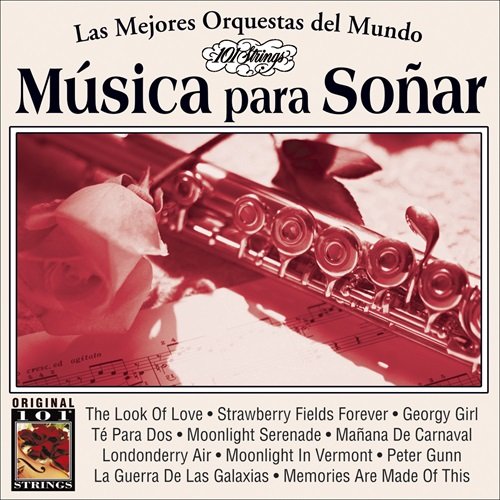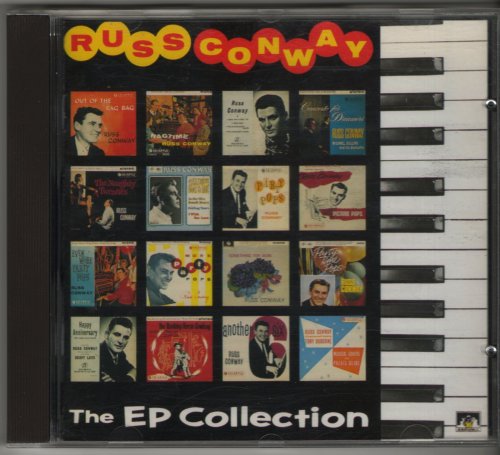Anna Högberg - Anna Högberg Attack (2016)
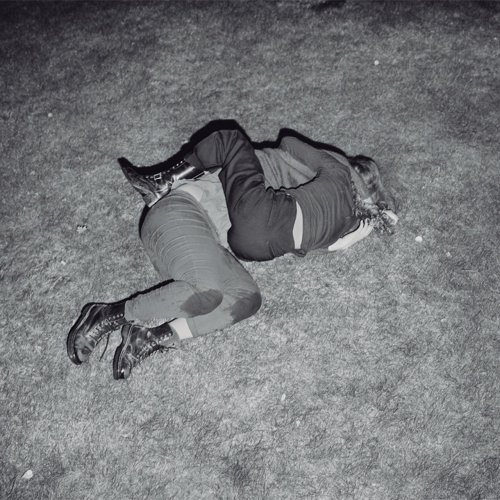
Artist: Anna Högberg
Title: Anna Högberg Attack
Year Of Release: 2016
Label: Omlott
Genre: Jazz, Free Jazz
Quality: FLAC (tracks)
Total Time: 41:37 min
Total Size: 240 MB
WebSite: Album Preview
Tracklist:Title: Anna Högberg Attack
Year Of Release: 2016
Label: Omlott
Genre: Jazz, Free Jazz
Quality: FLAC (tracks)
Total Time: 41:37 min
Total Size: 240 MB
WebSite: Album Preview
1. Attack 8:45
2. Familjen 6:51
3. Borderline 4:00
4. Lisa Med Kniven 9:52
5. Skoflikargränd (Composed By – Elsa Bergman) 2:43
6. Regnet 2:37
7. Högberger 7:38
Anna Högberg Attack consists of Högberg on alto sax, Elin Larsson and Malin Wättring on tenor and soprano saxes, Lisa Ullén on piano, Elsa Bergman on bass, and Anna Lund on drums. The album includes seven tracks with titles like “Regnet” (The Rain), “Borderline,” “Familjen” (Family), and…”Lisa med Kniven” (Lisa With The Knife). The cover is a stark black and white photo of two figures lying on the ground, maybe embracing, maybe wrestling.
The first piece, “Attack,” begins slowly. The saxophonists are hissing and droning more than they are playing actual notes. The sounds suggest wind through trees, or the creaking of a haunted house. Ullén’s piano chords are similarly doomy, and while Bergman booms, Lund is barely present. But after two minutes of this, the three saxophonists begin to lurch their way through a melody soaked in the melancholy blues of Charles Mingus‘s music from the early 1960s, when Eric Dolphy was with him. This mood is allowed to establish itself for three minutes or so, but then the group erupts into ESP-Disk style free blare, all three horns squalling at once and Lund rattling out martial drum thunder. Eventually, the piece winds down again; the melody returns, as Bergman’s bowed bass thrums like a giant prehistoric lion purring, and soft cymbals and bells set us gently back down on earth.
This is a short album, running less than 42 minutes. That relative concision is a virtue; the band typically gets to the point of a piece relatively quickly, and no solo is allowed to overstay its welcome. “Lisa med Kniven” is the album’s longest track at 10 minutes, and it’s the most stereotypically “free jazz” piece, too. There’s a melody, but it’s diffuse and sounds like the players are coming up with it on the spot, shepherding each other along. The solos are composed of more long steam-whistle tones, squiggles, and squawks than traditional notes, and they’re bracketed by three-horn outbursts, as the rhythm section keeps it all death-marching along. That’s followed by two short pieces, “Skofliknargränd” (Shoemaker Alley) and “Regnet.” The former begins with what sounds like a slow saxophone exercise, and gradually evolves into another shambling melody. On the latter, one of the saxophonists makes repulsive saliva-bubbling sounds as Ullén plinks the keys in a way that nods to the piece’s title. The album’s closing track, “Högberger,” also possesses one of its strongest melodies—it brings the whole thing to a conclusion as emphatic and self-confident as its opening.
This is a solid album that recognizes free jazz as a tradition—it colors within the lines, while offering plenty of pleasure for fans of the style. Basically, it’s a “those who like this sort of thing will find this the sort of thing they like” record. Sure, it could serve as someone’s introduction to noisier/freer styles of jazz, and it definitely makes me want to hear more by each of the individual players, particularly Ullén. (I’d also like them to make another album or two, to see if their collective sound develops into something more unique.) But it’s not a paradigm shift. It’s just a good jazz record. And that’s more than enough.
The first piece, “Attack,” begins slowly. The saxophonists are hissing and droning more than they are playing actual notes. The sounds suggest wind through trees, or the creaking of a haunted house. Ullén’s piano chords are similarly doomy, and while Bergman booms, Lund is barely present. But after two minutes of this, the three saxophonists begin to lurch their way through a melody soaked in the melancholy blues of Charles Mingus‘s music from the early 1960s, when Eric Dolphy was with him. This mood is allowed to establish itself for three minutes or so, but then the group erupts into ESP-Disk style free blare, all three horns squalling at once and Lund rattling out martial drum thunder. Eventually, the piece winds down again; the melody returns, as Bergman’s bowed bass thrums like a giant prehistoric lion purring, and soft cymbals and bells set us gently back down on earth.
This is a short album, running less than 42 minutes. That relative concision is a virtue; the band typically gets to the point of a piece relatively quickly, and no solo is allowed to overstay its welcome. “Lisa med Kniven” is the album’s longest track at 10 minutes, and it’s the most stereotypically “free jazz” piece, too. There’s a melody, but it’s diffuse and sounds like the players are coming up with it on the spot, shepherding each other along. The solos are composed of more long steam-whistle tones, squiggles, and squawks than traditional notes, and they’re bracketed by three-horn outbursts, as the rhythm section keeps it all death-marching along. That’s followed by two short pieces, “Skofliknargränd” (Shoemaker Alley) and “Regnet.” The former begins with what sounds like a slow saxophone exercise, and gradually evolves into another shambling melody. On the latter, one of the saxophonists makes repulsive saliva-bubbling sounds as Ullén plinks the keys in a way that nods to the piece’s title. The album’s closing track, “Högberger,” also possesses one of its strongest melodies—it brings the whole thing to a conclusion as emphatic and self-confident as its opening.
This is a solid album that recognizes free jazz as a tradition—it colors within the lines, while offering plenty of pleasure for fans of the style. Basically, it’s a “those who like this sort of thing will find this the sort of thing they like” record. Sure, it could serve as someone’s introduction to noisier/freer styles of jazz, and it definitely makes me want to hear more by each of the individual players, particularly Ullén. (I’d also like them to make another album or two, to see if their collective sound develops into something more unique.) But it’s not a paradigm shift. It’s just a good jazz record. And that’s more than enough.
![The Messthetics & James Brandon Lewis - Deface The Currency (2026) [Hi-Res] The Messthetics & James Brandon Lewis - Deface The Currency (2026) [Hi-Res]](https://www.dibpic.com/uploads/posts/2026-02/1771424652_1.jpg)
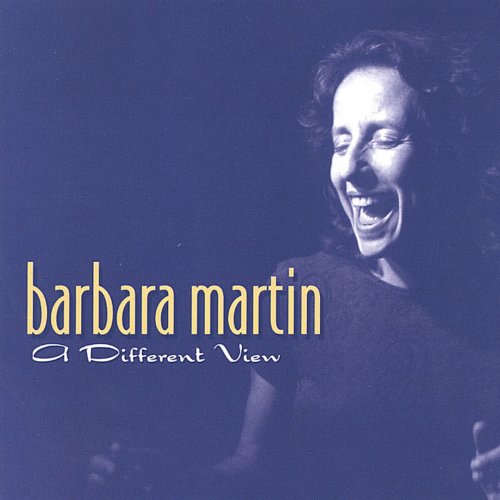
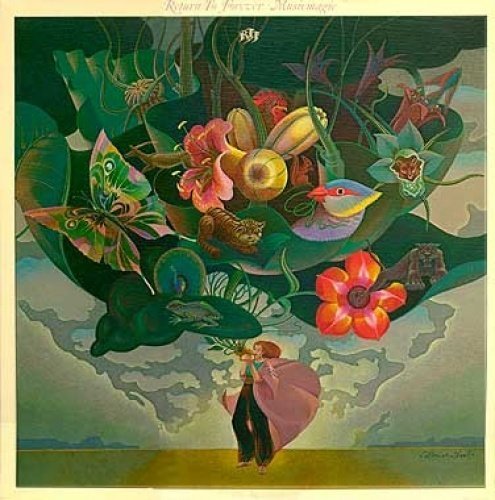
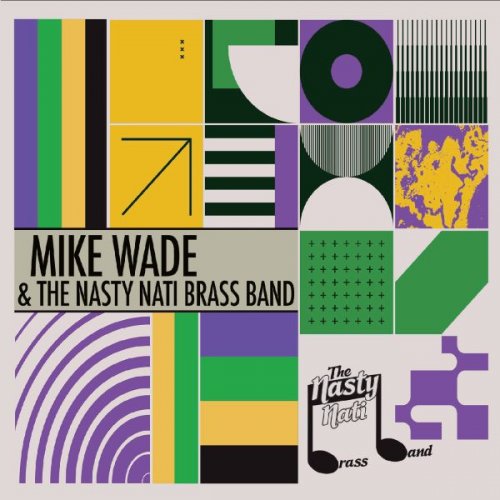

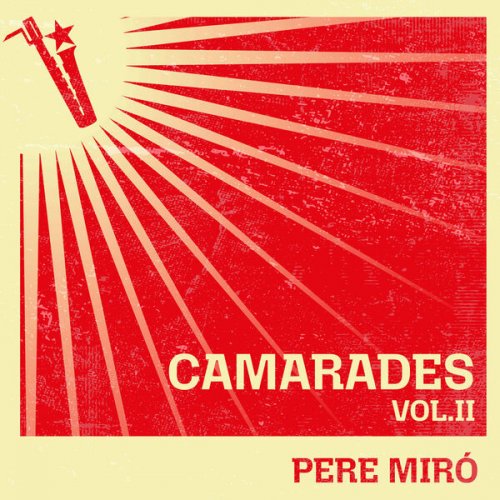
![William Ackerman - Past Light (1983) [1997 Japanese Edition] William Ackerman - Past Light (1983) [1997 Japanese Edition]](https://www.dibpic.com/uploads/posts/2026-02/1771702726_001.jpg)
